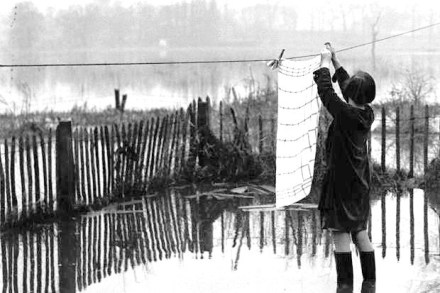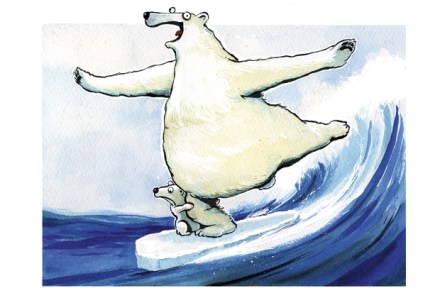How green policies hurt the poor
[audioplayer src=”http://traffic.libsyn.com/spectator/TheViewFrom22_3_April_2014_v4.mp3″ title=”Matt Ridley and Fraser Nelson discuss the IPCC’s latest report” startat=67] Listen [/audioplayer]Advocates against global warming often frame the issue in terms of helping the poor. ‘You’re right, people dying thanks to climate change is some way off…’ ran one fairly typical advert recently, ‘about 5,000 miles, give or take.’ Indeed, the United Nations agrees that, looking toward the future, climate change ‘harms the poor first and worst’. And the logic stacks up: the poorer you are, the less able you’ll be to afford the resources to adapt to a changing climate. However, climate policies also have a cost, and these predominantly hurt the poor. And if you



















